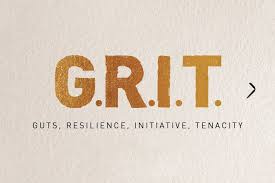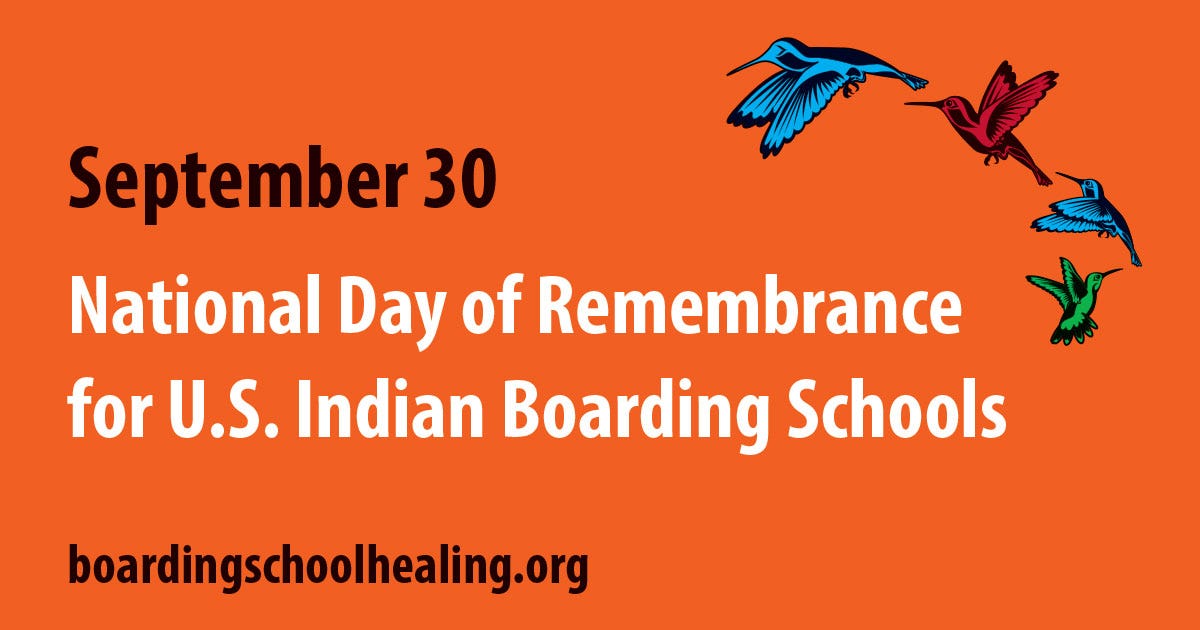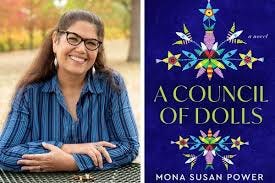Writing Exercise: Leaping the Gap
The particular gap I’m leaping in my own writing today is one that is familiar to us all: restarting. I’ve just finished a draft of a novel. Over the past few weeks, as that project got down to the weedy details, I’ve also been reading and doing editing style revisions on another novel that’s about halfway through the first draft. If you read this newsletter regularly, that’s the project I referenced last week when I spoke about “removal” as a useful revision strategy and about the power of trying to replicate character experiences in how a reader encounters a book. That’s what I’m attempting in this manuscript, which also has meant cutting a long chapter that felt too detailed and that threatened to become so heavy in a mixture of plot and factual details that it hurt the story. Better, I decided, to cut to the quick and let the reader experience something parallel to some of the book’s characters. I’m sticking by that approach as I write this morning. But it exasperates existing problems: 1) I’m leaping back into a manuscript after nearly a year away working on something else, and 2) my realization (and the ensuing cutting) means that I’m now starting at one of those dreaded division points, in this case at the division between Part I and Part II of the book; another kind of leap and the bigger the battle to find footing again. Restarts are always difficult, but this difficulty defies my normal habit of stopping a writing day at mid-sentence and never stopping at the end of a scene or chapter.
What to do? Here’s one trick I often try and your pseudo-writing exercise of the week: Shift forms. Sometimes that’s literal for me, like writing the start of a scene in my journal rather than in the manuscript. Handwriting instead of typing. Finding something opposite the vein of the previous material—voice, setting, even point of view in extreme situations. Anything to jump-start material. I do so in the realization that I’m looking for a way back in more than literal material. For example, I might learn something from another point of view but that doesn’t have to mean the second half of the book will be written from such a point of view. I’m just trying to “leap the gap” and play a psychological trick on myself. I would love to hear similar tricks that have worked for you.
Resiliency or Grit
This has always been a big topic for me when I’m teaching. That’s because as a writing teacher I always want to help make every student feel more confident about their writing when they exit a class, but there’s a certain kind of writer I’m on the lookout for, that rare writer who possesses a blend of talent, passion, and grit. Because mostly writing is hard work and a willingness to stay the course. Very few will support your work, appreciating product and not putting a lot of thought into process. The publishing industry will reject you at every turn. And you’ll beat yourself up everyday, comparing yourself to the giants who have come before you and certain that your words can never measure up. There is no room for thin skin among writers. You’ll get reminders of that fact every day. So it takes grit to stay after writing. There are a lot of other needed qualities but resiliency is a non-negotiable.
Here’s a different approach to this reminder about resiliency from the “sportsing” world, specifically from another core passion of mine, soccer. What follows is a quoted passage from an interview that appeared in Players Tribune with Granit Xhaka in 2022. Xhaka is the captain of the Swiss National Soccer Team and currently plays for Bayer Leverkusen, the last year’s champions of the German Bundesliga. He led his Swiss National team on an improbable run in the Euros this summer, and he was on my mind again this weekend when my favorite team, Bayern Munich, played Leverkusen to a draw. The focus of the interview is Xhaka’s father, and the opening section references his father’s experience before the break-up of his native homeland of Yugoslavia.
In Yugoslavia in 1986, there’s a 21-year-old student who gets engaged to the love of his life. One month later he is put in prison for demonstrating against the government for the independence and freedom of Kosovo. His fiancé doesn’t know when he’ll get out, or even if, because you never know what happens in those prisons… A year goes past, then another … three years and she’s still waiting. Finally, after another six months he is released, and then they get married. But they feel that it’s dangerous for him to stay, so they start a new life abroad. That is how they came to Switzerland, where I was born.
Anyway, any time I had a problem in my career and I wanted to give up, he would say the same thing, “Never walk away. Never. Just keep working hard.”
When I was 14 years old, I was too small, too skinny. The coaches would talk about my older brother, Taulant, and how talented he was—and he was! And then they would tell me, “Listen, you will never become a professional.”
Then when I was 15, I damaged my ACL. Eight months out, I came back and I was a disaster. Whoooof. DIASTER! I was scared to go into tackles…
I was already doing an internship in an office, preparing for Real Life.
But in this one game I went in for a 50-50, and I was like, “This is it. Go all in or give up.” It was like poker, you know? You either go all the way or you fold. This is how I like to play. So I went in hard. My knee felt good, and that changed everything. Suddenly I was a lot more confident. I could play my usual game.
Soon I got into the U17s, even though I had never played for the national teams before. Anyway, in 2009 we won the U17 World Cup. That opened the door to Borussia Mönchengladbach. But the first six months there? Puh. Another disaster. After about ten games I was on the bench.
This was in the 2012-13 season. In January I told my dad, “I want to leave.”
He said, “Shut up.”
I said, “But I came here to play.”
He said, “This is not the way. The door is right there. But anyone can walk away. To be strong, to work harder than the rest, that is what’s difficult.”
Xhaka’s attitude towards how he plays and his dependency on remaining cognizant of how anything he’s experienced in sports is child’s play compared to what his father, and hundreds of thousands of others like his father went through is a good reminder for all of us. Writers, we’re wise to remember that it is a privilege to get to write, especially on the trying days.
If you appreciate time and work that goes into the stories and advice I offer in this newsletter, please consider showing your support:
A Reminder: Today Is “National Day of Remembrance for U.S. Indian Boarding Schools
If you are not familiar with the tragedies of forced removal of indigenous children to reeducation/indoctrination that occurred in boarding schools, you need to be. There are any number of good books that cover this awful history and that clarify the mindset of those behind creation of such schools and the devastation they wrought on indigenous communities. One strong starting point is Stringing Rosaries: The History, the Unforgivable, and the Healing of Northern Plains American Indian Boarding School Survivors by Denise Lajimodiere.
I’m currently reading a novel that captures this sad history as well, an excellent book by Mona Susan Power: A Council of Dolls. From the mid-century metropolis of Chicago to the windswept ancestral lands of the Dakota people, to the bleak and brutal Indian boarding schools, A Council of Dolls is the story of three women, told in part through the stories of the dolls they carried.
And Some Music
Here’s a bit of what I’ve been listening to a lot this week.
Thanks for reading.





